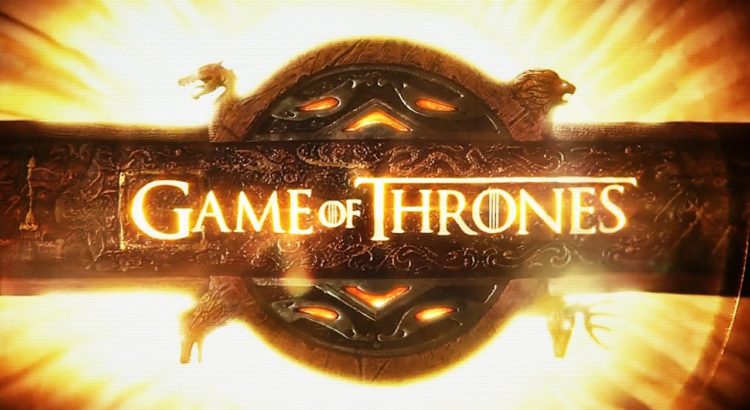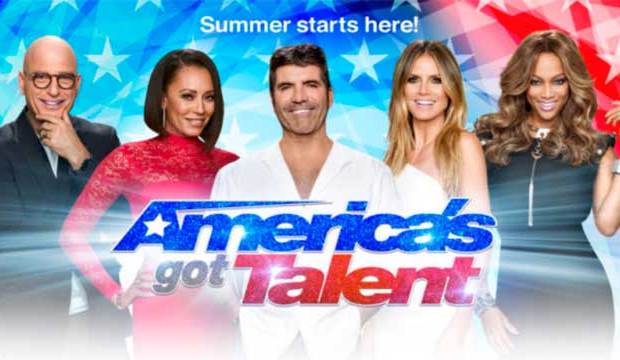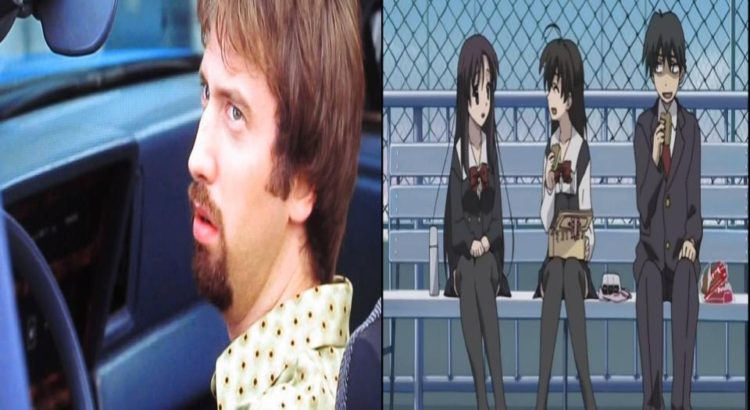Most likely you’ve heard of the comedian Conan O’Brien, most well known as the host of the late night TV show Conan, where he puts his abrasive yet endearing personality on display in sketches and interviews. Personally, I’ve never enjoyed late night talk shows; I usually find them to be overly political, extremely shallow, or just thinly veiled advertisements of celebrities and other entertainment. Most of the hosts are too dramatic, as if they were trying to entertain children, or they are just clearly bad at conducting interviews. Conan is no exception: a few of his skits force a laugh, his personality is unique and comical, and his interviews are no worse than any other late show, but I have never been able to sit through an entire episode. Whether it be a lack of interest, or a failure in the talk show formula, I’ve never been able to consistently watch any late night show, let alone Conan. However, I was recently told that Conan hosts a small podcast, which is widely praised and quickly gaining popularity. The name of the podcast is Conan O’Brien Needs a Friend, and each week Conan interviews one of his celebrity contacts in a search to find out who is actually his friend and who is just a professional acquaintance.
 I’ve tried podcasts in the past but they never caught on; I couldn’t be bothered with downloading them, finding them, or finding time to listen to them, so I eventually gave up. Recently it’s been different, ever since I started listening to Conan. It’s the one podcast that I can listen to from beginning to end and still wish there was more, that’s how impressive and unique his podcast style is. First, I find the concept of the show interesting, which considers how famous celebrities often struggle to make authentic friends just like the rest of us, humanizing them and painting them as regular people with extraordinary experiences. Second, I think this is the ideal format for Conan; he can rely on entirely verbal comedy, not childish antics as often seen in his TV show sketches, and I think his interview style is much more suited for the intimate setting of a podcast. When he interviews in front of an audience, both him and the guest are putting on a trained persona, crafted to create a positive public opinion and maintain a certain reputation. On the podcast, Conan becomes authentic, and in doing so he is able to draw out the authentic personalities of his guests.
I’ve tried podcasts in the past but they never caught on; I couldn’t be bothered with downloading them, finding them, or finding time to listen to them, so I eventually gave up. Recently it’s been different, ever since I started listening to Conan. It’s the one podcast that I can listen to from beginning to end and still wish there was more, that’s how impressive and unique his podcast style is. First, I find the concept of the show interesting, which considers how famous celebrities often struggle to make authentic friends just like the rest of us, humanizing them and painting them as regular people with extraordinary experiences. Second, I think this is the ideal format for Conan; he can rely on entirely verbal comedy, not childish antics as often seen in his TV show sketches, and I think his interview style is much more suited for the intimate setting of a podcast. When he interviews in front of an audience, both him and the guest are putting on a trained persona, crafted to create a positive public opinion and maintain a certain reputation. On the podcast, Conan becomes authentic, and in doing so he is able to draw out the authentic personalities of his guests.
Some of my favorite podcasts so far have been interviews with Ben Stiller and Stephen Colbert, both amazing and inspirational celebrities in their own right, but also fascinating people with complicated histories. It was so strange hearing Ben Stiller give a genuine recount of his childhood and cracking jokes, not promoting some new movie or TV show. I got caught up in how normal and hard-working he was, hearing about how he got into comedy and paved his way in the industry. The interview with Stephen Colbert was very similar, as Colbert talked about his rough childhood and related to Conan about the power of suffering to produce comedy. It was something you would never see on TV, since it would be considered too dark and not entertaining, but I found myself more intrigued than I had ever been watching a TV interview. Overall, I think Conan is in a unique position with his podcast: not only does he have the ability to interview other celebrities, he also has a talent for leading sincere and thoughtful conversations through his personality and comedy. I highly recommend giving it a listen, even if you aren’t one to listen to podcasts; Conan O’Brien needs a friend is the gold standard for the power of podcasts.









